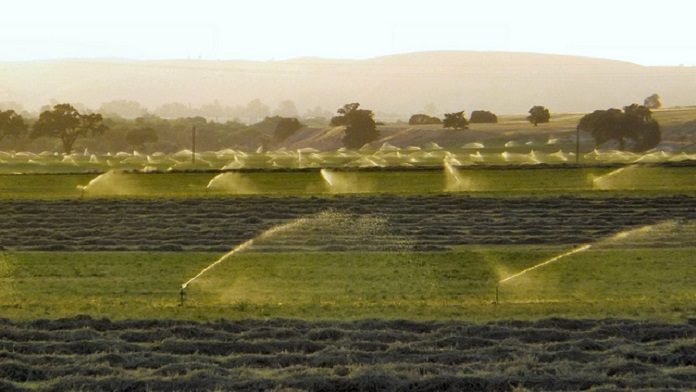According to a new study by the Australian National University (ANU) discovered that government policies around the world that aim to reduce water consumption through improved irrigation efficiency have an opposite effect. The research actually suggests increments in water system effectiveness have really diminished water accessibility, and expanded water utilization in numerous nations.
Water scarcity is one of the major issues facing the world and in 2015 was listed as the largest global risk in terms of potential impact over the next decade by the World Economic Forum.
Having concern over this issue, Professor Quentin Grafton of the ANU Crawford School of Public Policy, called on policymakers in Australia and around the world to take urgent action or face a global water tragedy. Along with his colleagues, he has shown that proper water accounting is a necessary and critical first step towards resolving this global water challenge.
He said, “Without it, the Sustainable Development Goals set by the United Nations in 2015 will not be achieved. This research shows current irrigation efficiency policies must change to include farm and basin-scale water accounting and limits on irrigation water diversions.”
“Governments are pouring billions of dollars into making irrigation more efficient, with disastrous consequences for freshwater availability. If we want to avoid a global water crisis then decisive action needs to be taken now. This is one of the greatest policy dilemmas of the world, how to reconcile increasing freshwater demands with finite freshwater resources.”
Co-author Professor John Williams of the ANU Crawford School of Public Policy said, “Tragically, comprehensive water accounting is not happening in most parts of the world, including in supposedly world leading nations in water management, such as Australia.
Scientists published this study in the journal Science.
